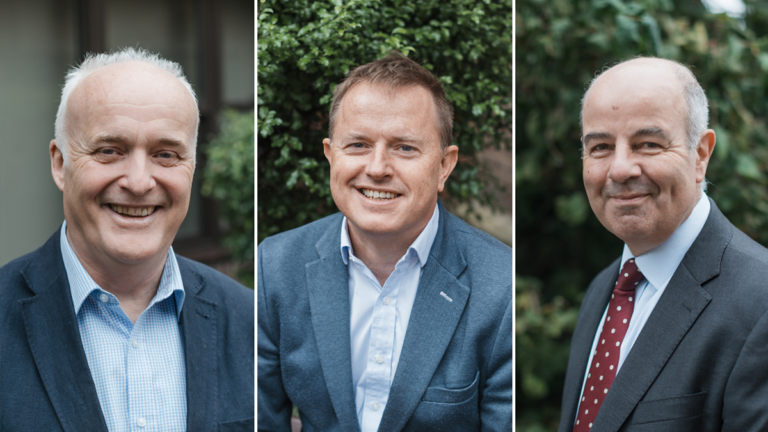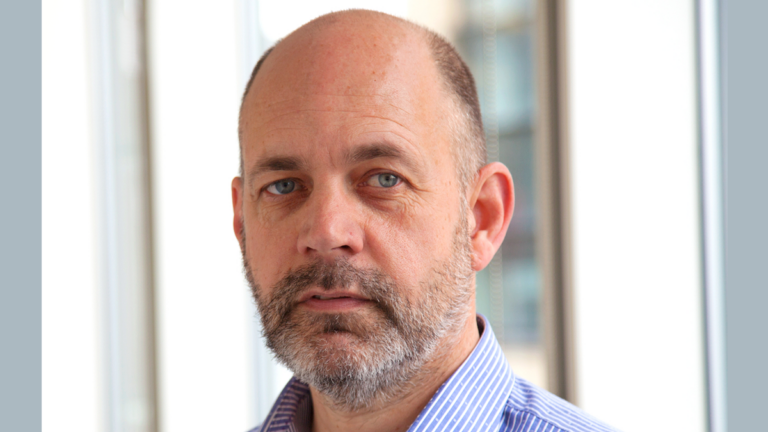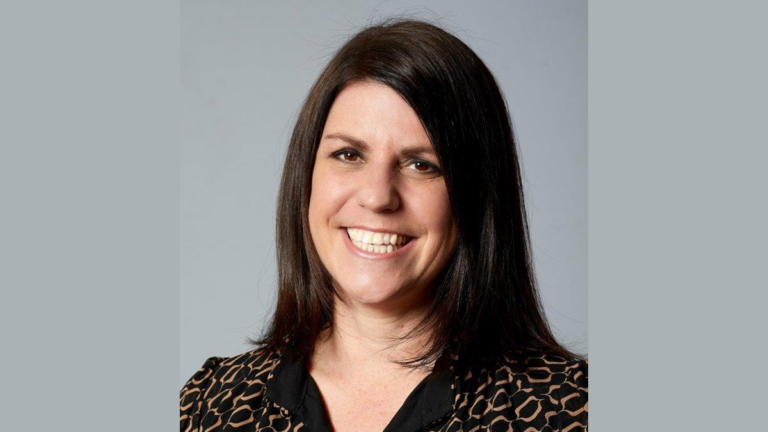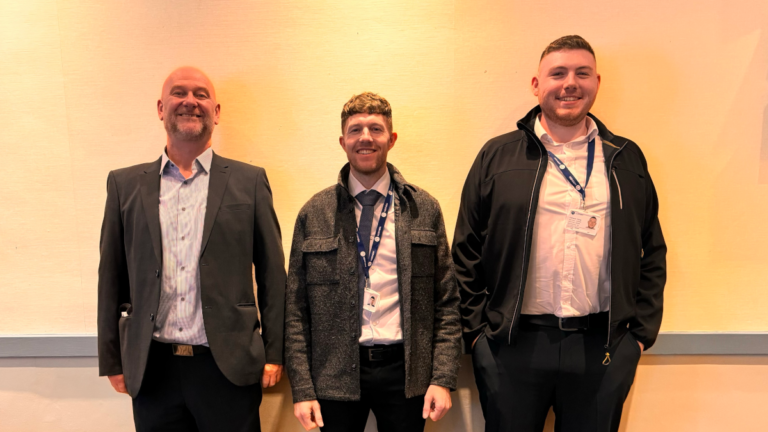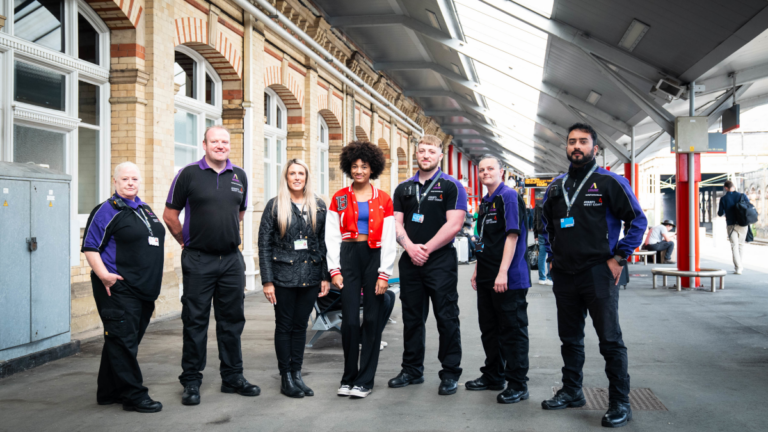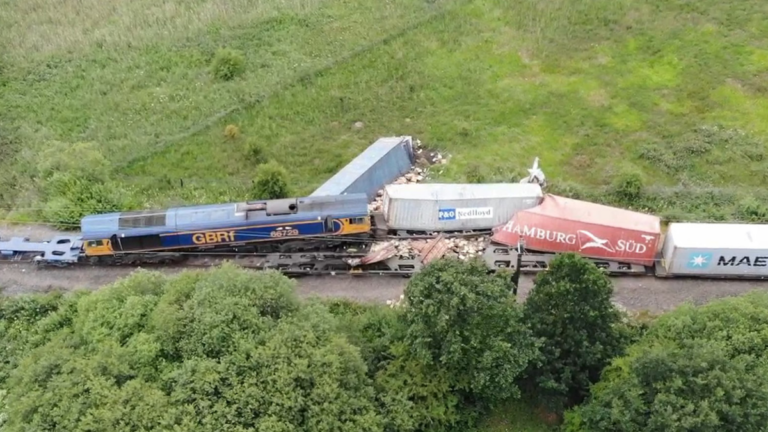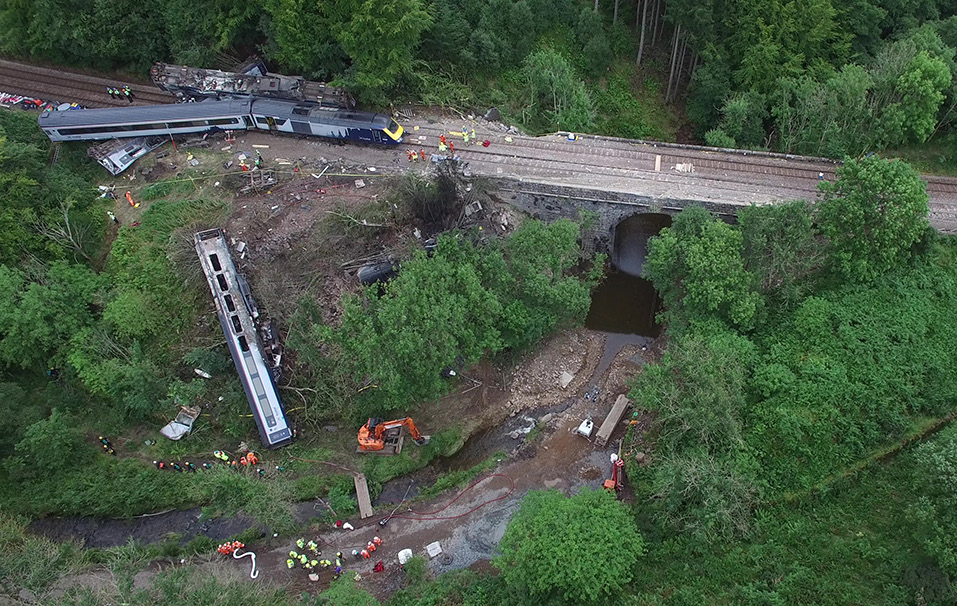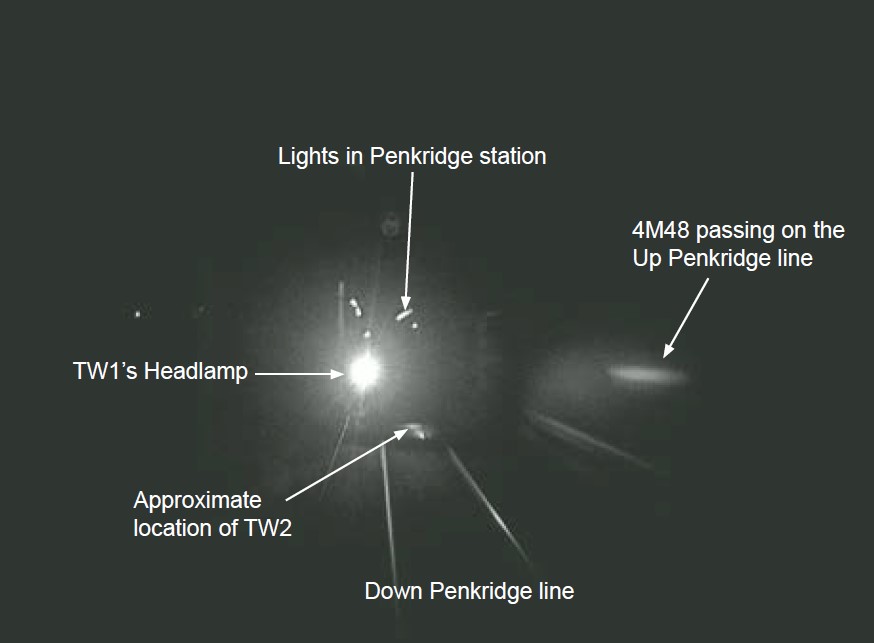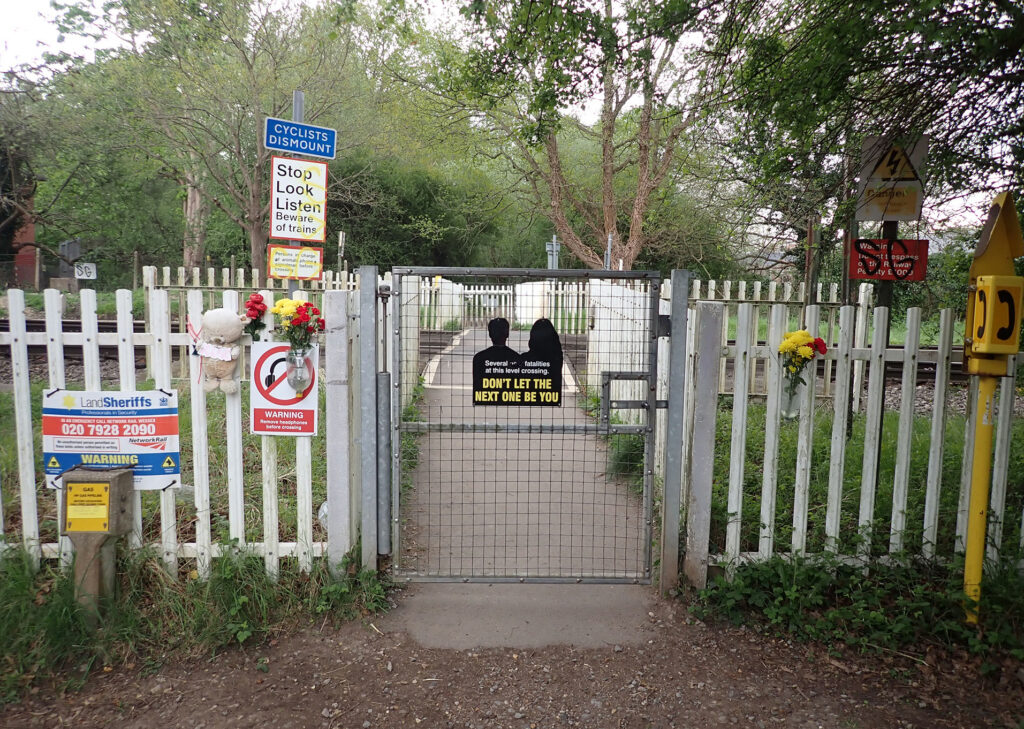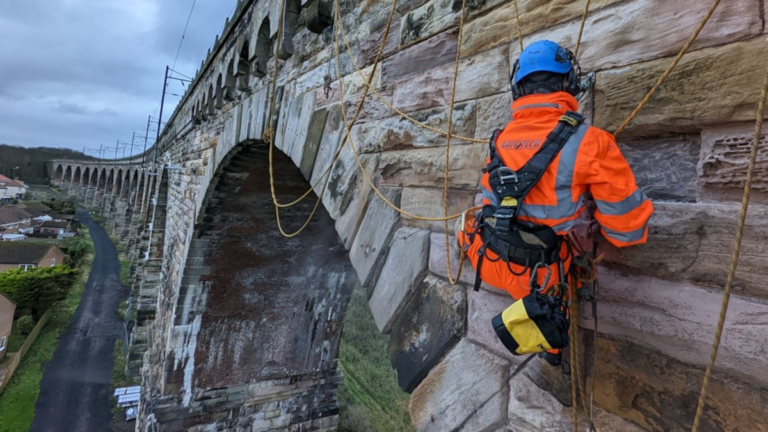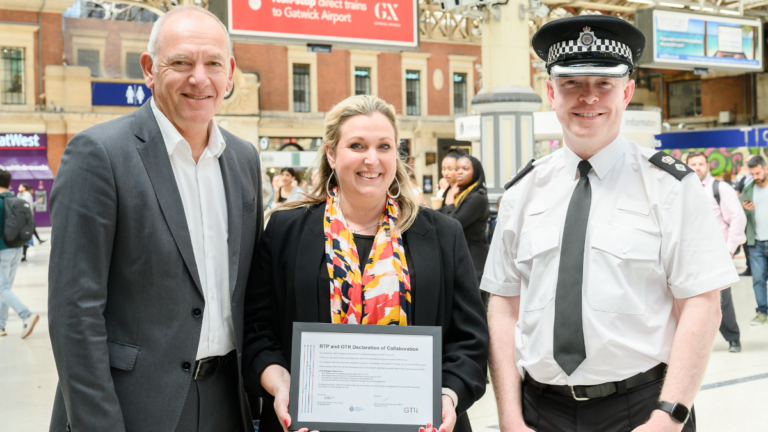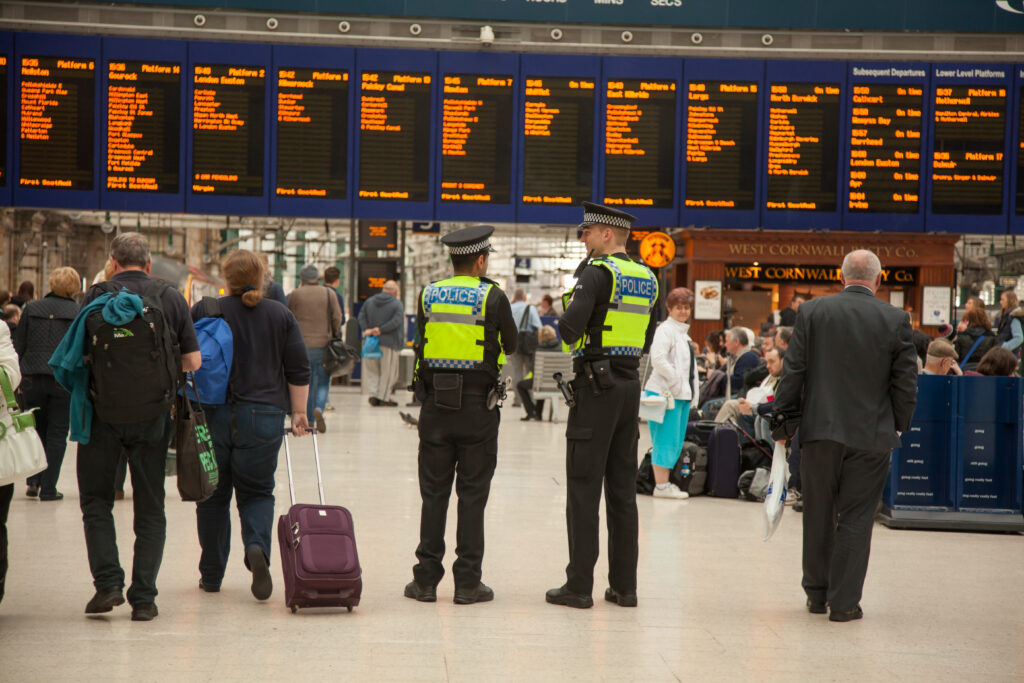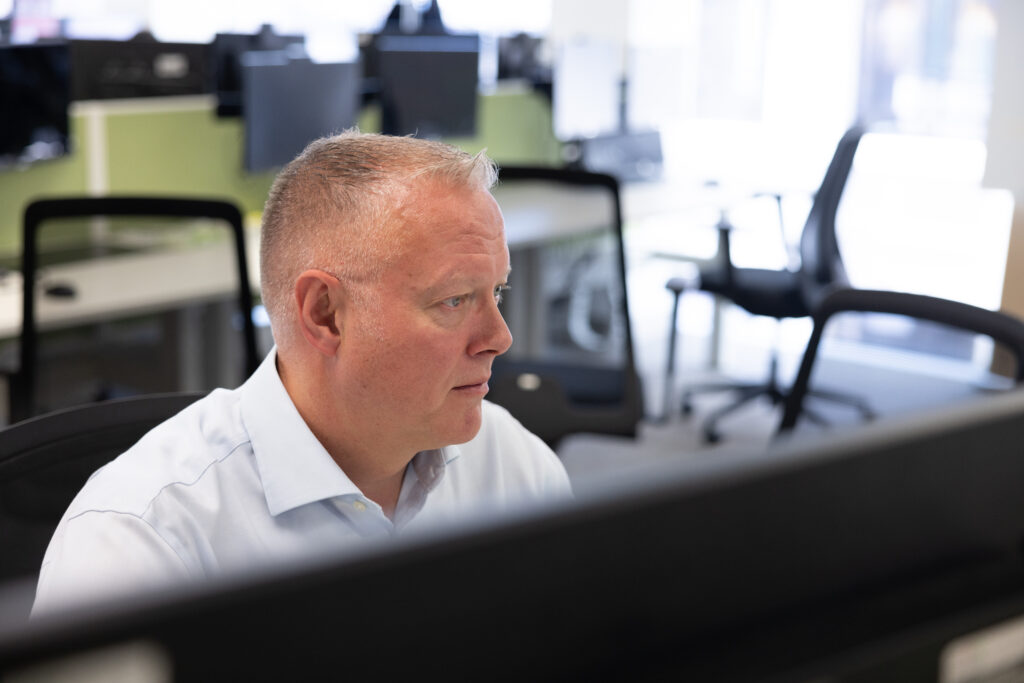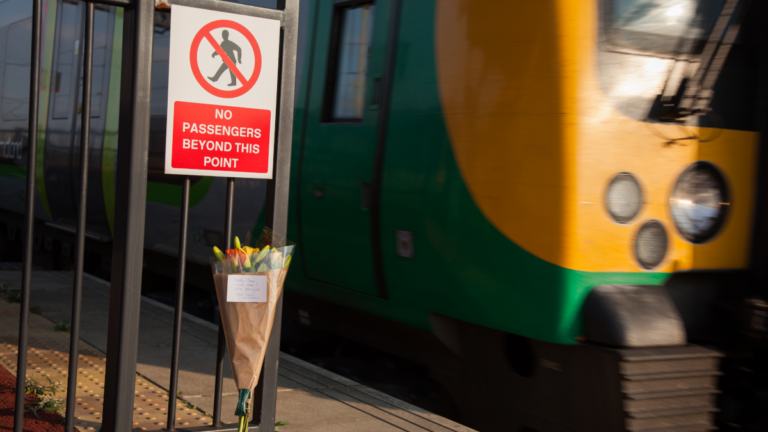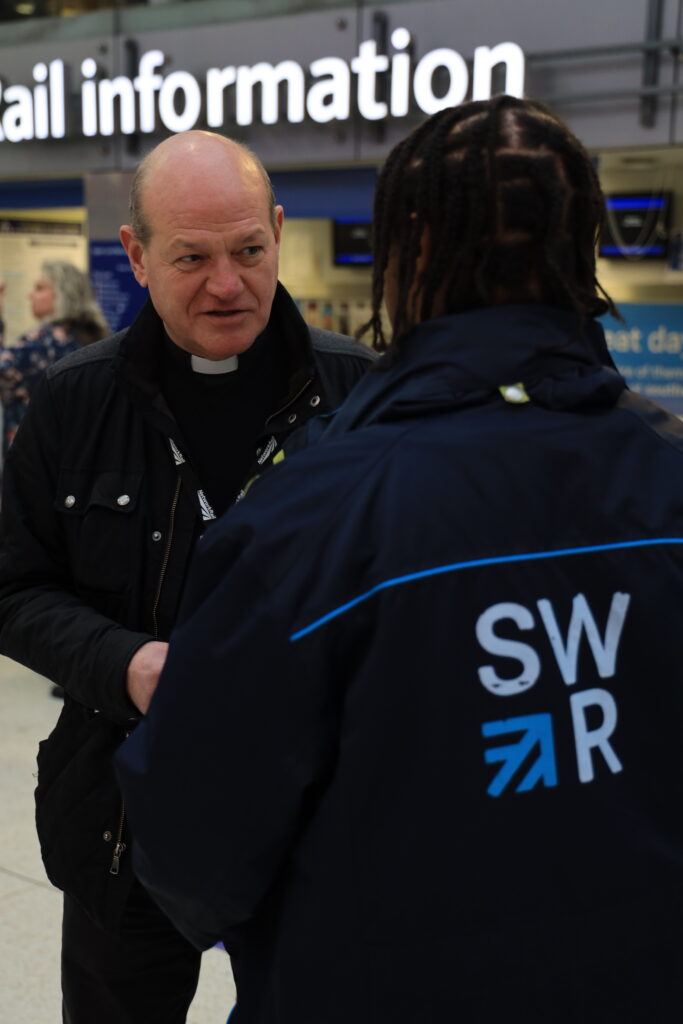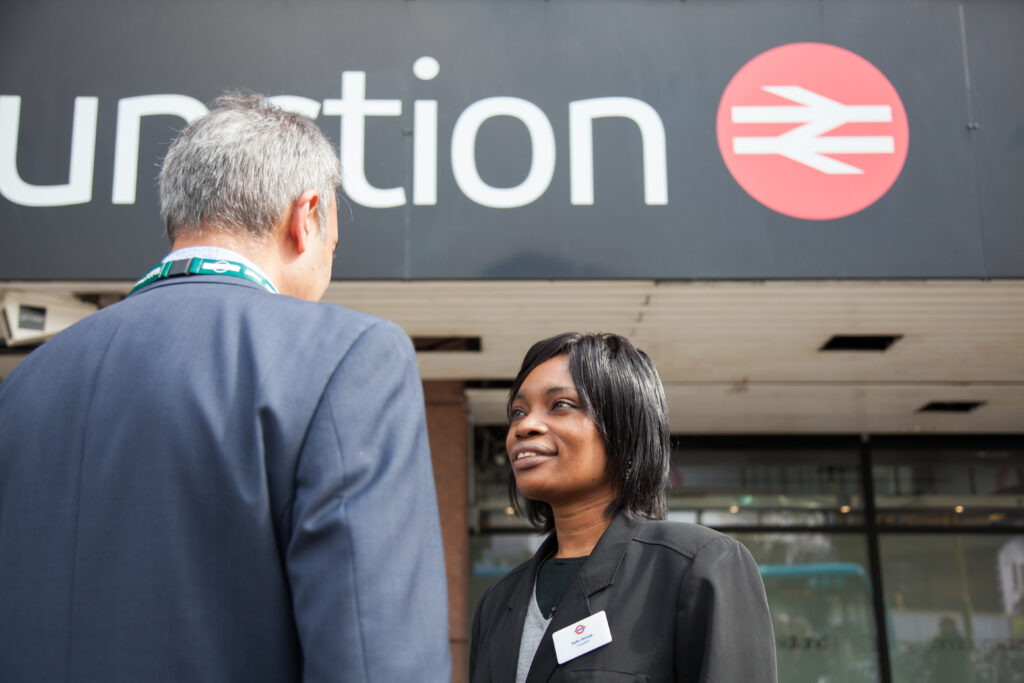Colin Wheeler
A court case was heard in Aberdeen on 7 September concerning the triple fatality passenger train accident at Carmont, west of Stonehaven, back on 12 August 2020. The accident happened as the train was returning to Aberdeen. On that morning, the weather was atrocious with the heaviest of rain continuing to fall and flood conditions in many places.
Notice had been given that Network Rail would plead guilty, as they did, and a substantial fine was imposed. The train driver, conductor, and a passenger were killed in the accident and others were injured. The train ran into “the debris washed out of a drain, derailed and collided with a bridge parapet which caused the train to veer off the bridge and down a steep embankment below the bridge.”
Investigations
RAIB’s investigation resulted in a detailed report making 20 recommendations. It identified fundamental lessons for Network Rail and others to learn.
A separate investigation involving Police Scotland, the British Transport Police (BTP), and the Office of Rail and Road (ORR), under the direction of the Crown Office and Procurator Fiscal, found that Network Rail had not inspected the whole drain since its construction, although an inspection of the lower part had been carried out on 13 May 2020.
Network Rail staff in Route Control “had not been trained to effectively analyse weather forecasts or how to use all available weather data resources”. The drainage work was not completed in accordance with the design, nor was the contract progressed in accordance with the Construction Design and Management Regulations 2015 (CDM).
This calls into question the arrangements made for regular inspection of structural assets; the condition of which can affect the safety of the railway. This is already under scrutiny following the exchange of open letters concerning overdue structural examinations between the chief executives of the ORR and Network Rail.
The legal contract process which permits changes to designs is there to be a formal agreement between contractor and client as well as from the designer, in this case Arup. No such reference or agreement was made. Unauthorised changes included the construction of a bund, omission of a connection into the existing drainage, the relocation of catchpit 18, and the omission of a geotextile lining to a trench!
Health & safety files not found
The conclusion of the criminal proceedings resulted in the imposition of the £6.7 million fine.
The Crown and Procurator Fiscal’s Office has subsequently begun the process that will lead to a Fatal Accident Inquiry which will examine the full circumstances surrounding the deaths and identify any lessons that can be learnt to avoid such incidents happening in the future. Following the accident, RAIB sample checked 64 other Network Rail projects and found that more than half of them were devoid of any trace of a health and safety file, which is a statutory requirement under the CDM Regulations.
SPAD resulted in freight train collision
On Tuesday 5 July at around 06:21, a freight train (4E11) travelling from Felixtowe to Rotherham Masborough Freight Terminal passed a signal at danger (SPAD). The train comprised 35 wagons hauled by a diesel electric locomotive which had left the East Coast Main Line at Loversall Carr Junction near Doncaster. It passed signal D197 at red whilst travelling at 48mph. This signal was protecting freight train 4E82 which was stationary. 4E11 was travelling at 28mph when it ran into the back of that stationary train. The damage to both trains was considerable.
RAIB’s investigation refers to “the loss of awareness of the driving task, probably due to the effects of fatigue”. It adds that the loss of driver awareness may have resulted from “a low workload approaching Loversall Carr Junction” and the expectation of the aspect of signal D197. RAIB’s report comments that “the management of fatigue by GBRf “did not follow industry good practice,” adding that “risk assessment processes did not identify the hazards created by a driver driving whilst fatigued”.
RAIB makes two recommendations. First, GBRf is to “reduce the risk of driver fatigue, improve risk assessment processes and follow good industry practice”. Second, the Rail Safety and Standards Board (RSSB), with operators, are to identify sleep disorder indicators in current standards for safety critical risk assessments. RAIB’s learning point is the need to “remind drivers of the importance and meaning of flashing yellow signals.”
Trackworkers in near miss
RAIB report 09/2023 was published on 8 August. This near miss occurred on 10 July last year. The train involved was travelling at 61mph towards Stafford when the driver saw workers on the line and sounded the locomotive horn. One worker warned the other and they both “jumped clear less than one second before the train reached their position”.
The two had moved away from a larger group to operate an overhead line isolating switch sited south of Penkridge Station. The report says that there was “no recognised safe system of work in place. The workers believed that the line was blocked to the passage of trains, as had been the case when they left the group”.
The Person in Charge (PIC) allowed the blockage to be removed believing that the trackworkers were standing away from the track in a place of safety.
RAIB’s investigation found that “there was no formal guidance on arrangements and responsibilities when individuals leave a PIC’s safe system of work”. There is, the report says, a widespread acceptance that PIC’s and Controllers of Site Safety (COSS) can “actively observe and advise their work group over a greater distance than is practical or reasonable”.
The RAIB report makes two recommendations to Network Rail. First, they are to “improve processes and guidance that is available to PIC’s and COSSs to help control the risks when gangs split or change during a work activity”. The second recommendation relates to the practicalities of managing a group on site and understanding how this can be improved.
The report also lists three learning points which are: the importance of clear communication; duties undertaken by a PIC; and the importance of the availability of train mounted closed circuit television records to assist safety investigations.
Over-speeding between Stirling and Perth
On 15 July, blanket emergency speed restrictions had been imposed between Stirling and Perth due to predicted very heavy rainfall. Two trains travelling between these cities exceeded the maximum permitted speed between Blackford Signal Box and Gleneagles Station. RAIB is preparing a Safety Digest.
How far away are we from having locomotives equipped so that drivers getting into them simply log in and read the latest updates for the route they are to drive before beginning their journeys?
£14 million fines for Croydon failings
On 27 July, the ORR reported the results of the prosecution at the Central Criminal Court (the Old Bailey) of Transport for London (TfL) and Tram Operations Ltd (TOL) in respect of the Croydon tram accident. Both organisations pleaded guilty under the Health and Safety at Work Act 1974 and were fined £10 million (TfL) and £4 million (TOL).
The Croydon accident occurred on 9 November 2016 since when “new measures have been implemented following the RAIB recommendations”. These include new systems to prevent trams from over-speeding around tight curves and at other high-risk areas along the track.
I question whether company prosecutions are the best way forward? The fines will probably upset the budgets of the various organisations involved and hopefully may influence the future behaviours of some staff, but surely the aim should be to change and improve the safety awareness and motivation of frontline workers, their supervisors, and line managers?
The legislation also permits individuals to be prosecuted. Some years ago, I recall reminding my teams that, if things went wrong, individuals could well be taken to court and prosecuted. It was a brutal but positive force for safe working. Being formally cautioned as part of an interview about an accident usually has an effect too; I remember when it happened to me.
Speaking about Croydon, the ORR’s Ian Prosser said: “We must never forget the tragedy of that day, and must strive to learn all of its lessons so there can be no repetition. Our thoughts remain with those whose lives were so affected. The judge’s remarks and sentences imposed underline to the corporate defendants and the whole industry that there first responsibility is to ensure the safety of their passengers and staff.”
New evidence in crossing fatality case
On 21 April 2022, a pedestrian was struck and fatally injured by an out of service passenger train at this crossing near Ashtead in Surrey. The pedestrian was on the crossing with a dog and was pushing a wheeled trolley bag. She started to cross shortly after a train had passed but was struck by a second train travelling in the opposite direction. RAIB carried out an investigation and published their report on 14 February this year.
Most unusually it has now been announced that new evidence has now been made available. Consequently, RAIB’s chief inspector has decided that the new evidence “may be significant”, so the investigation has been re-opened. This is permitted by Section 7(8) of the “Railways Transport Safety Act 2003”.
The reopening of an investigation after publication of a full report is unusual to say the least. Hopefully it will encourage others to be fully open and comprehensive when responding to RAIB investigators.

